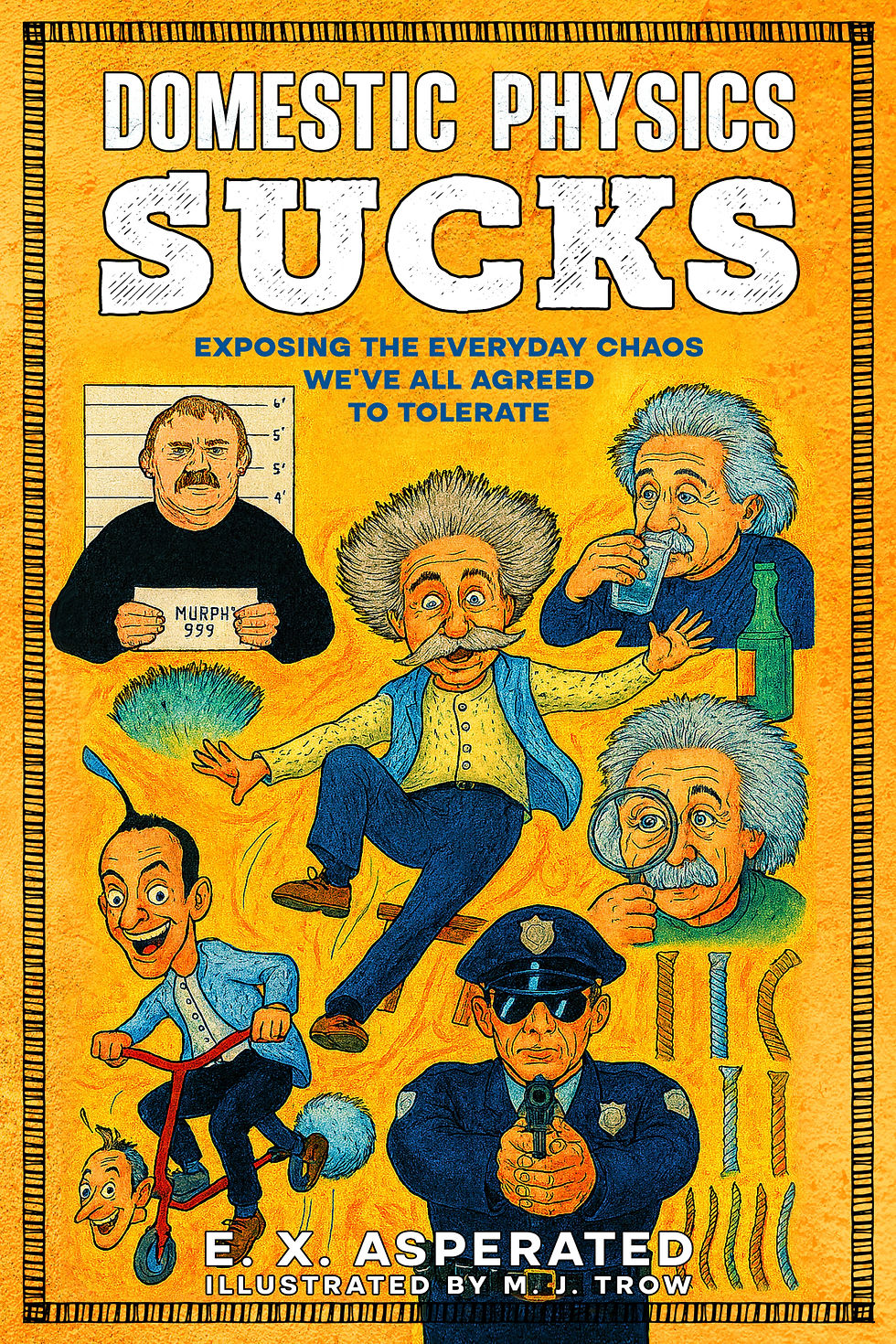Urban Fantasy: The Modern Fairy Tale by Justin Alcala
- blkdogpublishing

- Jan 13, 2020
- 3 min read
Once upon a time when princesses sought out fortunes and cranky old women turned out to be witches, a grandmother told her family a fairy tale by the fire. The story, which started like hello and ended in goodbye, warned listeners of roadside dangers. It taught morals and life lessons. Most importantly, for the oppressed peasant class of centuries old, these orations offered escapism from a harsh world of civil unrest, injustice and tyranny. They were part of an early culture, blending magic with current affairs in order to understand the world.
While the fairy tale never truly went away, stories thinned as a rapidly modernized world disavowed its past. Many fairy tale curators sweetened narrations, removed grisly details and commercialized mythical characters. Entertainment conglomerates targeted children only in fairy tale cartoons and storybooks. Before long, fairy tales were institutionalized as colorful toddler stories, deprived of their original complexion. The fairy tale had fallen from grace.
Cue the Twenty-First Century. As people pack on top of each other in metropolitan eras, tensions rise. Political divides stretch across the globe. Debates of inequality infringe upon laws and regulations. The rich rule over the working and impoverished.
Contemporary escapism within the literary community is needed, and for many, a blend of magic in their everyday lives is just what the doctor ordered. The only catch, the fairy tale needs a facelift. The answer, a sub-genre of books known as Urban Fantasy.
Many readers have heard of Urban fantasy, narratives that amalgamate the magic from legends of old with modernized landscapes. But it takes a special bookworm to draw back the curtain and see how urban fantasy epitomizes everyday complications with mystical protagonists and eerie plots. Popular series like Jim Butcher’s Dresden Files and Maggie Stiefvater’s Raven Boys borrow magic and lore to expose real problems and solutions for readers to interpret. It’s a resurgence of the classic fairy tale.
So it goes without saying that if urban fantasy is the heir to the fairy tale, then supporting the genre is vital for the literary community. Urban fantasy stretches the imagination to provide escapism, admonition and exploration into the present. It packages unbelievable ideas, laces them in the whimsical, and gifts the reader with real life advice. Like its siblings, urban fiction and speculative fiction, urban fantasy engages through the wondrously relatable. Yet, for as vital as the genre is, urban fantasy is at risk of losing its place in the literary world.
According to bookstr.com, the top three genres are as follows, Romance/Erotica, Crime/Mystery and Religious/Inspirational books. Science Fiction & Fantasy tie for fourth place in the book markets. Urban fantasy is a tiny sliver in that deadlock. In addition, writingcooperative.com notes that of the most popular fiction niches, fantasy fiction books only capture a low thirteen percent of the fictional market behind titans like children’s fiction and modern literary fiction. With low market penetration, lesser known urban fantasy authors are finding it challenging to get new titles out for readers to enjoy.
Additionally, urban fantasy is often clumped together with other genres like dystopian fiction and classic fantasy. This makes it harder for readers looking for enchanting lore blended into contemporary ideas to find legitimate urban fantasy. The clustering also dilutes the borders that define urban fantasy’s nature. Many book retailers flood murky urban fantasy sections with everything from Grimdark fiction to medieval graphic novels. Yes, urban fantasy may have squeaked into the market, but it needs nourishment in order to stay around for decades to come.
So what can be done to help the modern fairy tale make its presence better known in the literary market? Well, it’s simple. For starters, urban fantasy needs demand. Purchasing popular series like Patricia Briggs’s Mercy Thompson and Kevin Hearne’s Iron Druid books is a great way to keep the genre alive. Next, support the lesser known urban fantasy authors like Borrowed Souls by Chelsea Mueller and Dragon’s Gift by Linsey Hall. Finally, get the word out. Blogs, book clubs and book chats focused on urban fantasy help propagate publisher’s marketing and submissions targets. It’s that easy.
Long ago, fairy tales taught lessons in an otherwise confusing world with a little help from magic. Now, urban fantasy books help do the same in the literary world. The genre has grown, but needs the literary community’s help in order to thrive. If we don’t, it could lead to a very dark ending. If we do, then we might just live happily ever after. And so, the dreamer awakes, the shadow goes by, when I tell you a tale, the tale is a lie. But listen to me fair maid and proud youth, though the tale is a lie, what it tells is the truth.
Justin Alcala is the author of 'Consumed'. For more information on this title click here.





Comments